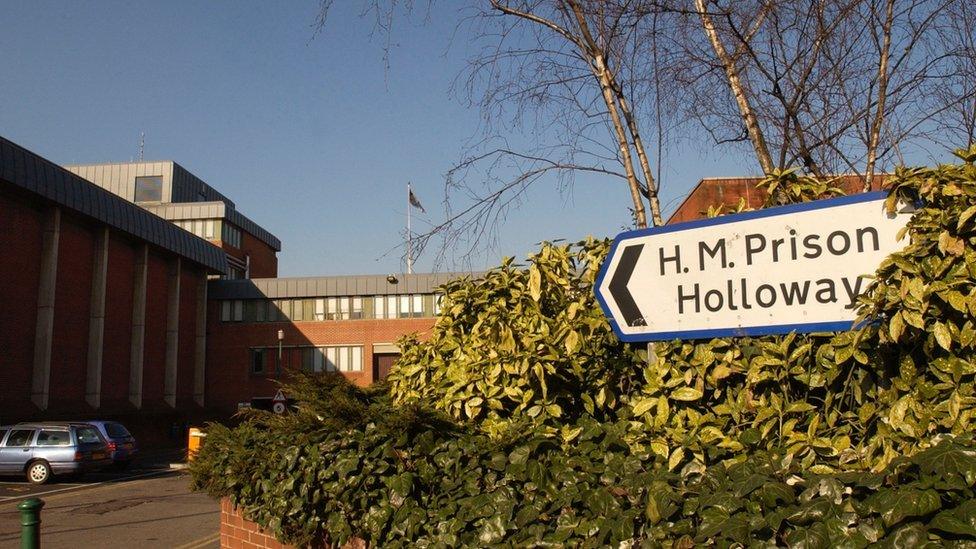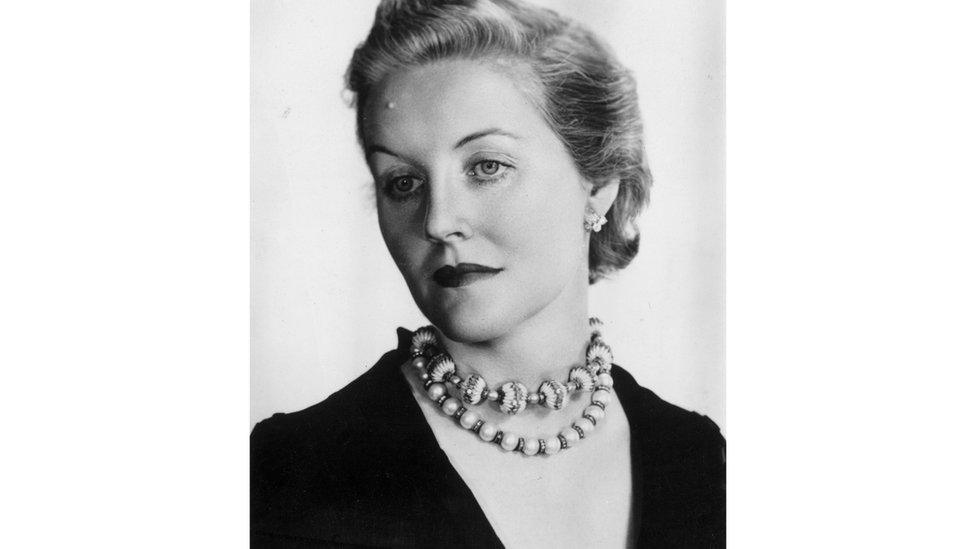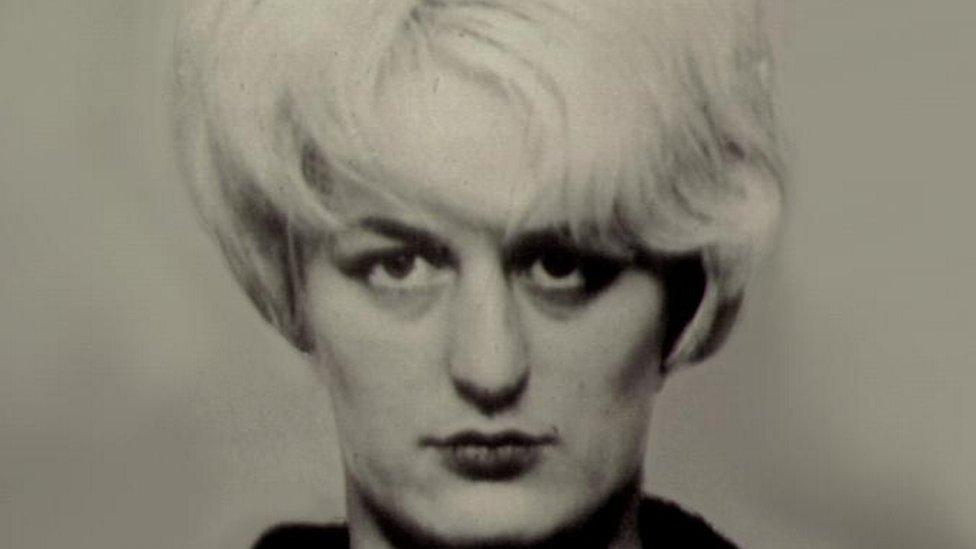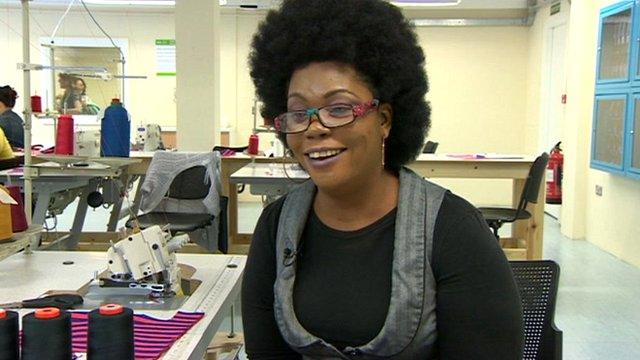Spending Review: Holloway prison closure announced
- Published

Holloway prison, the largest women's prison in western Europe, was described as "inadequate and antiquated"
The biggest women's jail in western Europe is set to close.
Holloway Prison, which famously housed members of the suffragettes and Diana Mosley, has been branded "inadequate".
George Osborne announced the jail would close and female prisoners would serve their sentences in "more humane" conditions in future.
The Prison Governors Association (PGA) said it was surprised and had "major concerns" about the move.
'Antiquated'
A number of other Victorian jails will be sold in order to help fund nine new prisons.
In a written statement, Justice Secretary Michael Gove said Holloway's "design and physical state" did not provide the best environment for the rehabilitation of offenders.

Hitler admirer Diana Mosley was held in Holloway during World War Two
Mr Gove's statement echoed the latest inspection of the prison, which found it was "a very difficult establishment to run".
He described the jail as "inadequate and antiquated", and said the more humane surroundings of the new prisons would help to keep prisoners away from crime.
Holloway is expected to close by next summer.


A brief history of Holloway Prison
Holloway prison was originally built as a mixed-sex prison in 1852, and in 1902 it became the first female-only local prison in England
In the early 20th Century, suffragettes were imprisoned at Holloway. Many of them went on hunger strike and were subjected to force feeding in prison
During World War Two, aristocrat and Hitler supporter Diana Mosley was imprisoned in Holloway after being deemed "a danger to the King's Realm"
Ruth Ellis, the last woman to be executed in the UK, was imprisoned in Holloway before her death in 1955
Other infamous inmates include Myra Hindley (pictured above) and Rose West
Economist Vicky Pryce was detained in Holloway in 2013 for accepting speeding points off Chris Huhne

'Major concerns'
In response to the announcement, a PGA spokesperson said the association had "major concerns".
"The PGA has not been consulted on this decision and it leaves us with some major concerns as to the capacity within the female estate," the spokesperson said.
The government has said investment in prisons would reduce running costs across the estate by £80m a year when its reforms were complete.
Correction 22 August 2017: This page has been amended to clarify that it was Michael Gove, and not inspectors, who described the prison as inadequate.
- Published6 September 2014

- Published2 September 2010